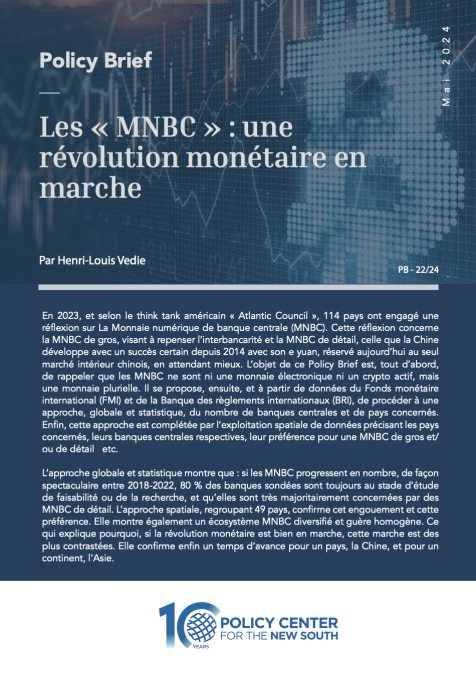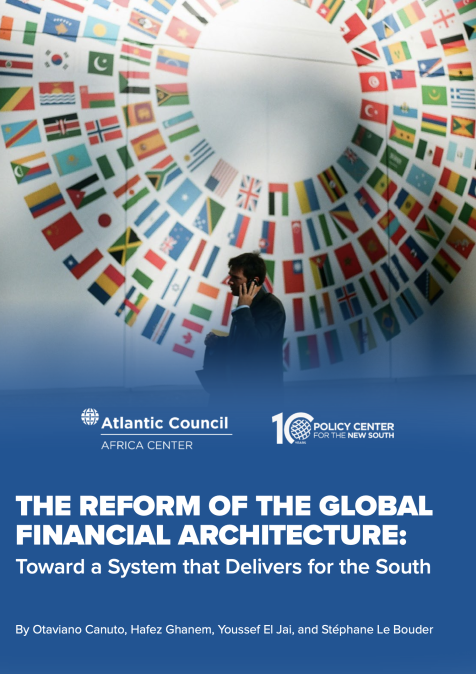Explore the evolution, impact, and future trends of digital currencies with our Senior Fellow, Mr. Otaviano Canuto. In this insightful video, he sheds light on how digital currencies are transforming global markets and what to expect in the coming years.
Speakers

Otaviano Canuto
Senior Fellow
Senior Fellow at the Policy Center for the New South, Affiliate Professor at Mohammed VI Polytechnic University and Non-Resident Senior Fellow at Brookings Institute. Former Vice President and Executive Director at the World Bank, Executive Director at the International Monetary Fund (IMF) and Vice President at the Inter-American Development Bank.
...










